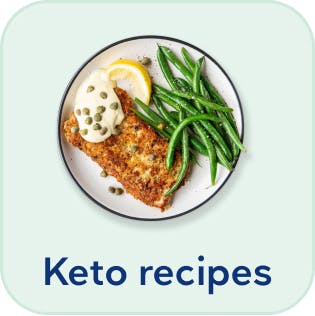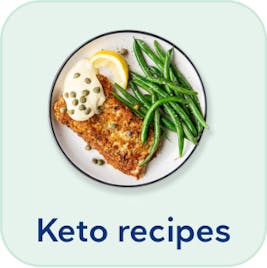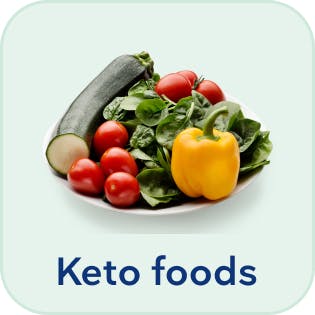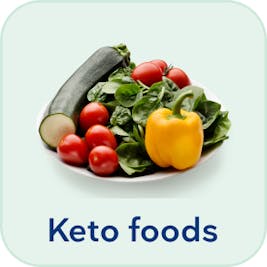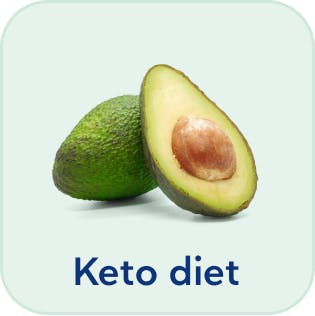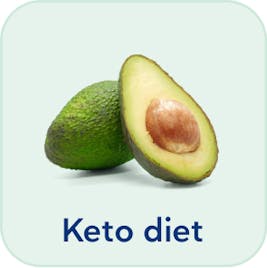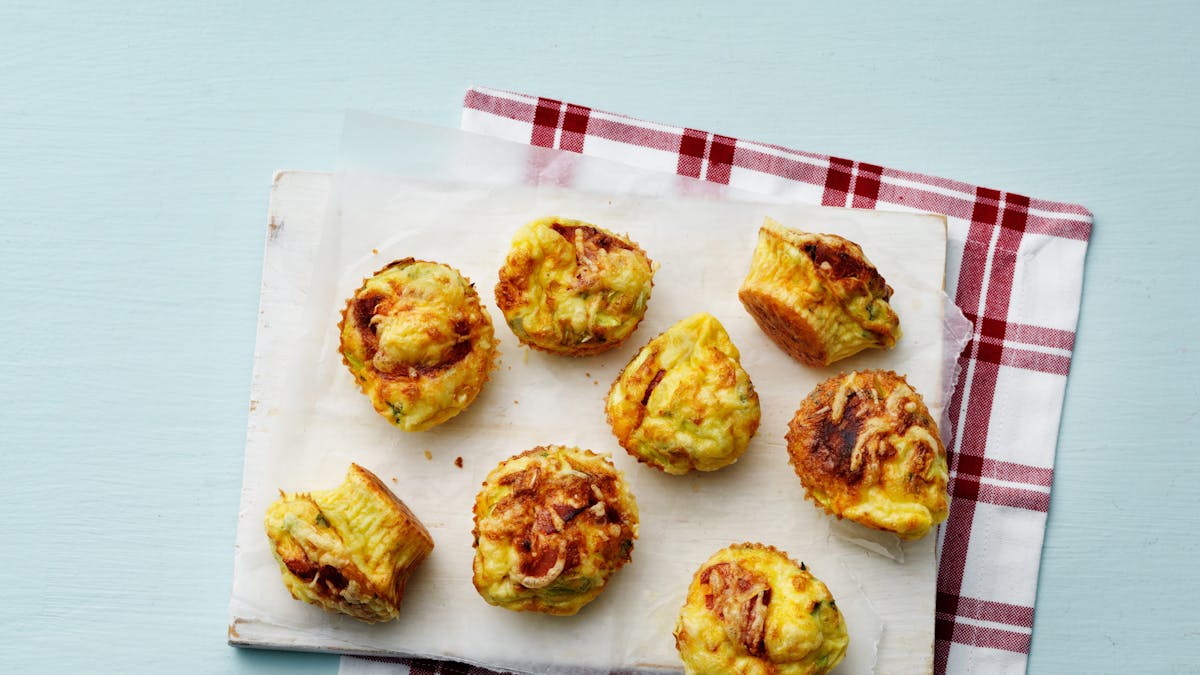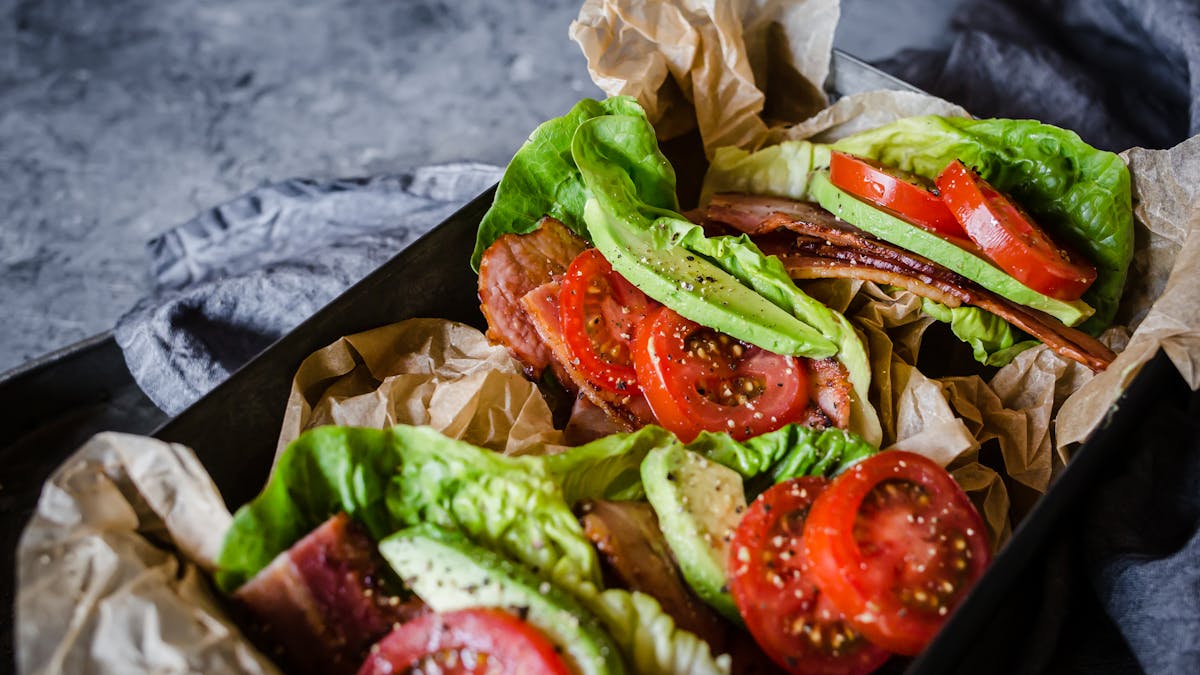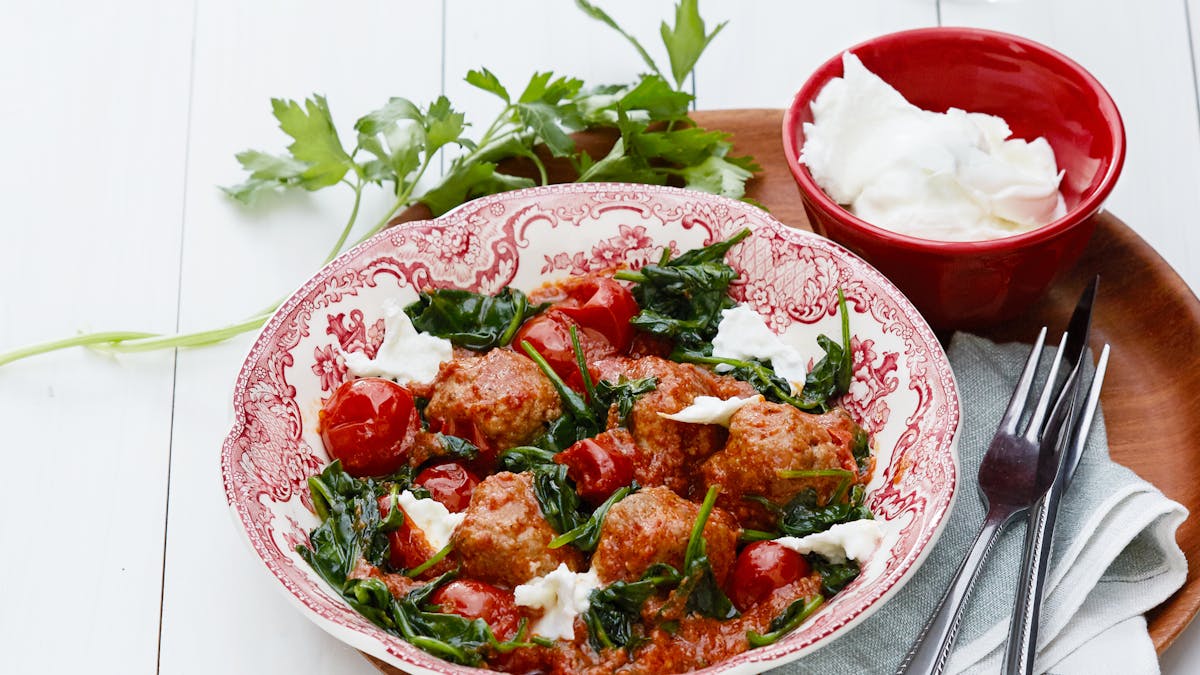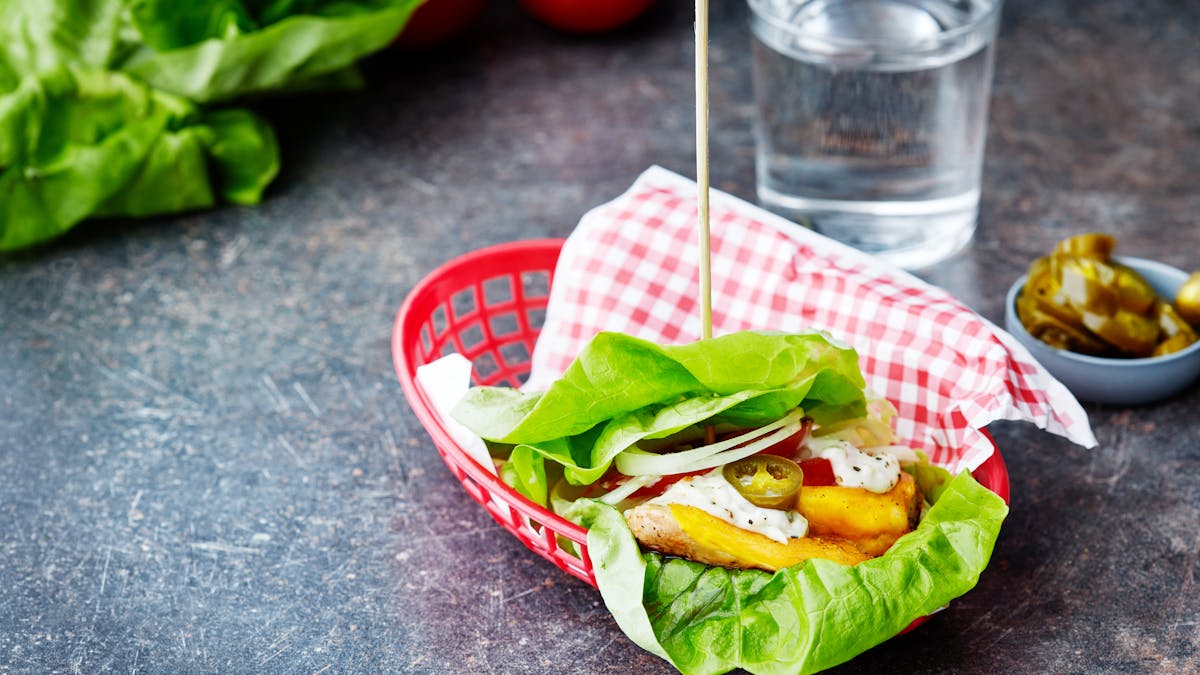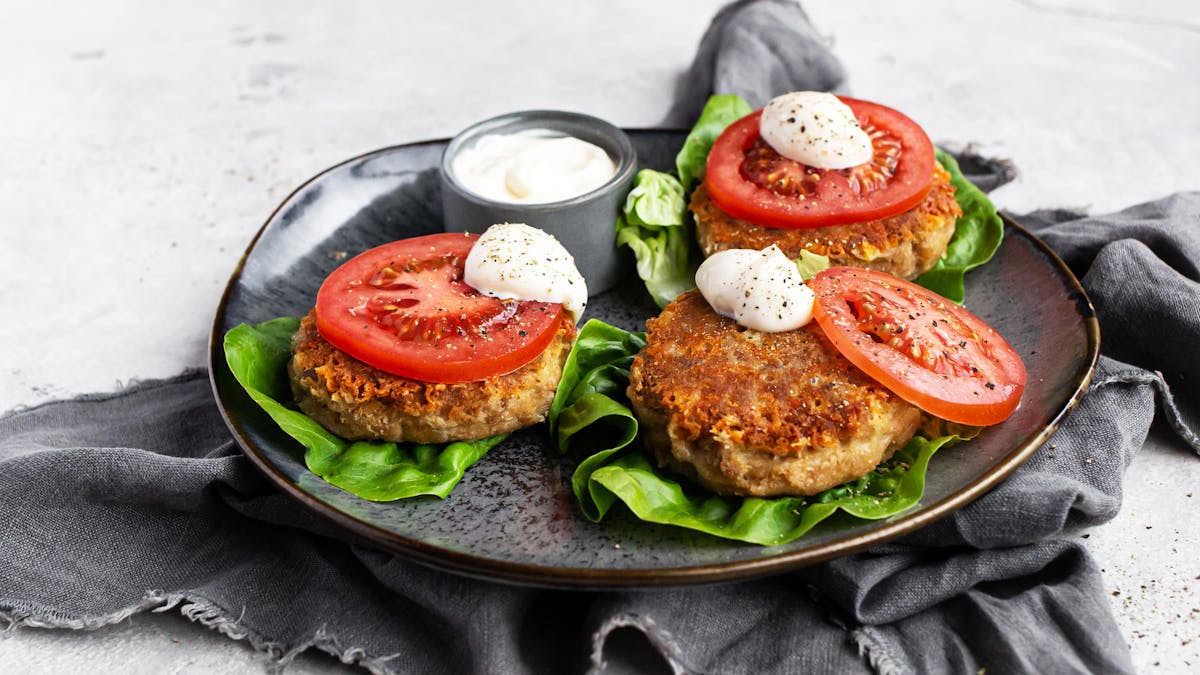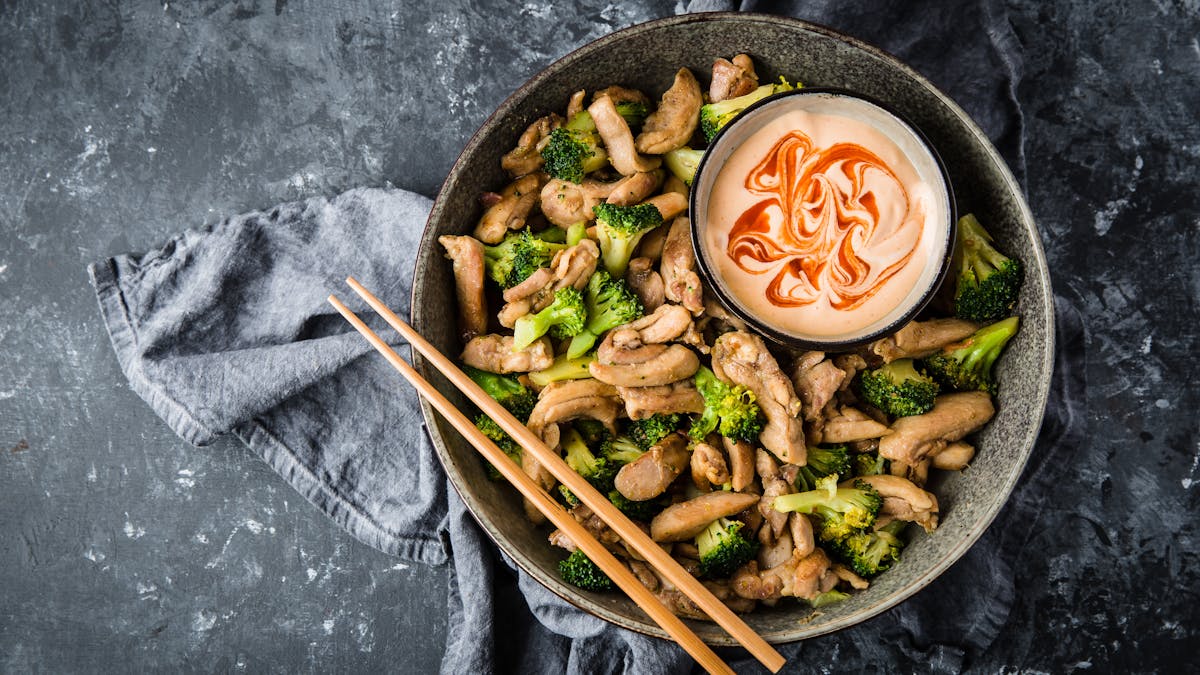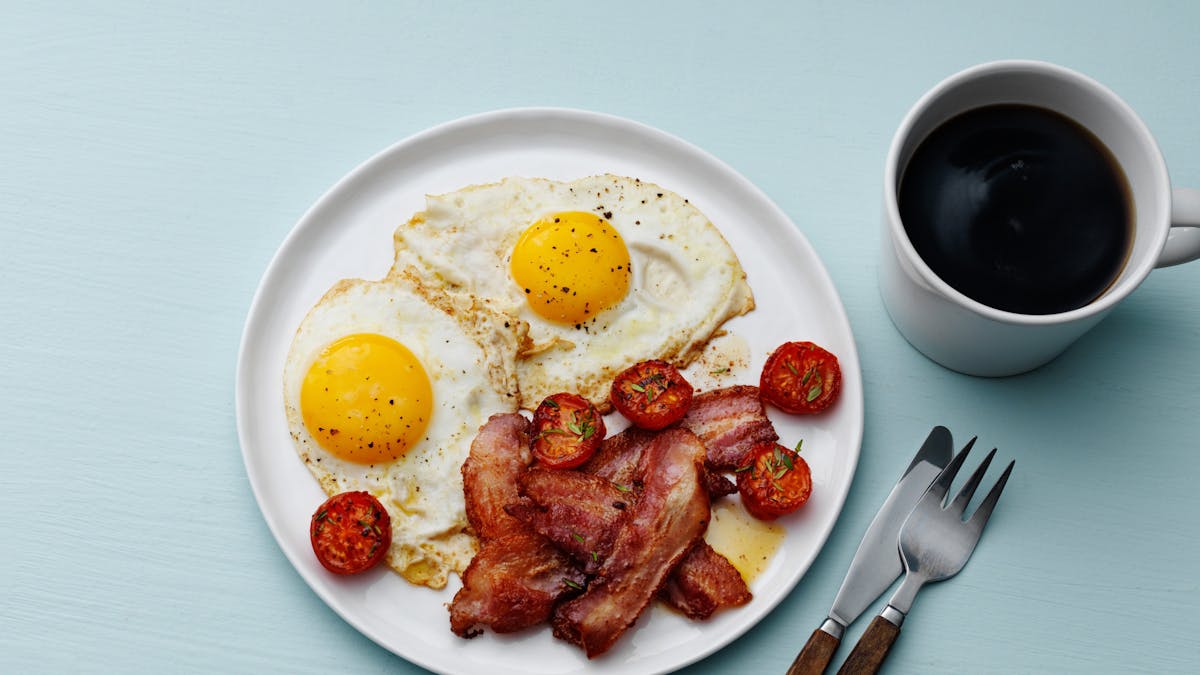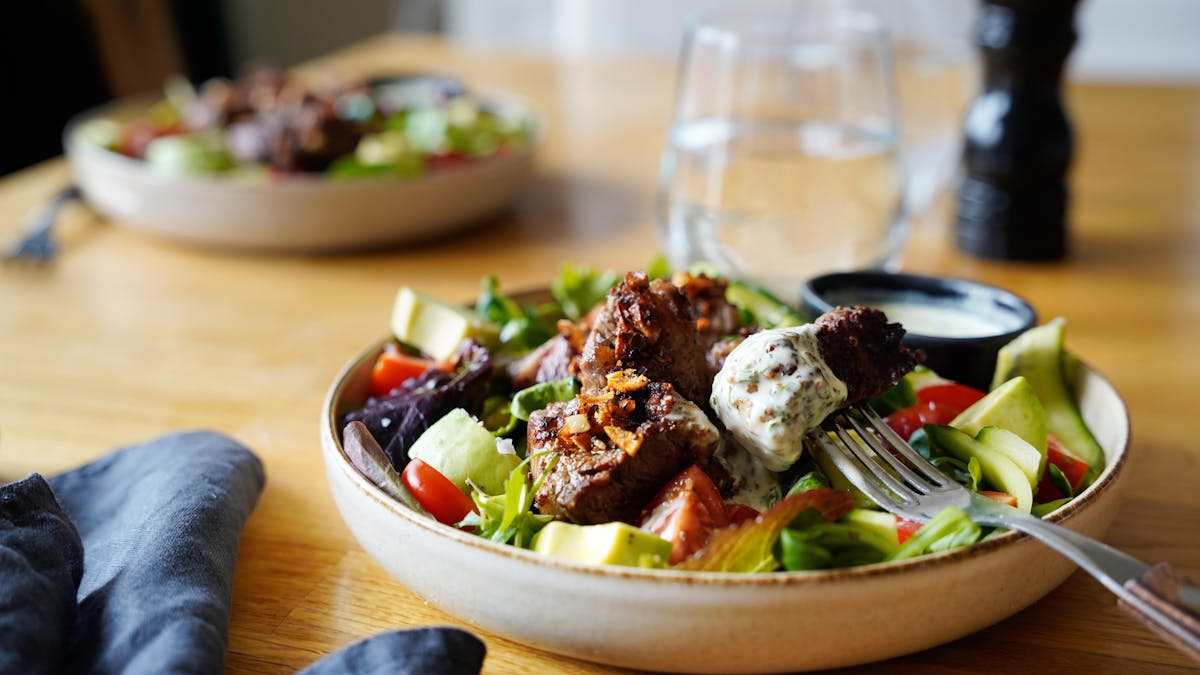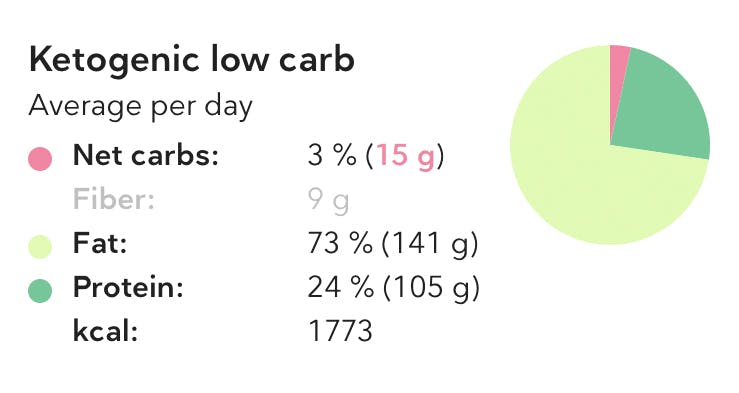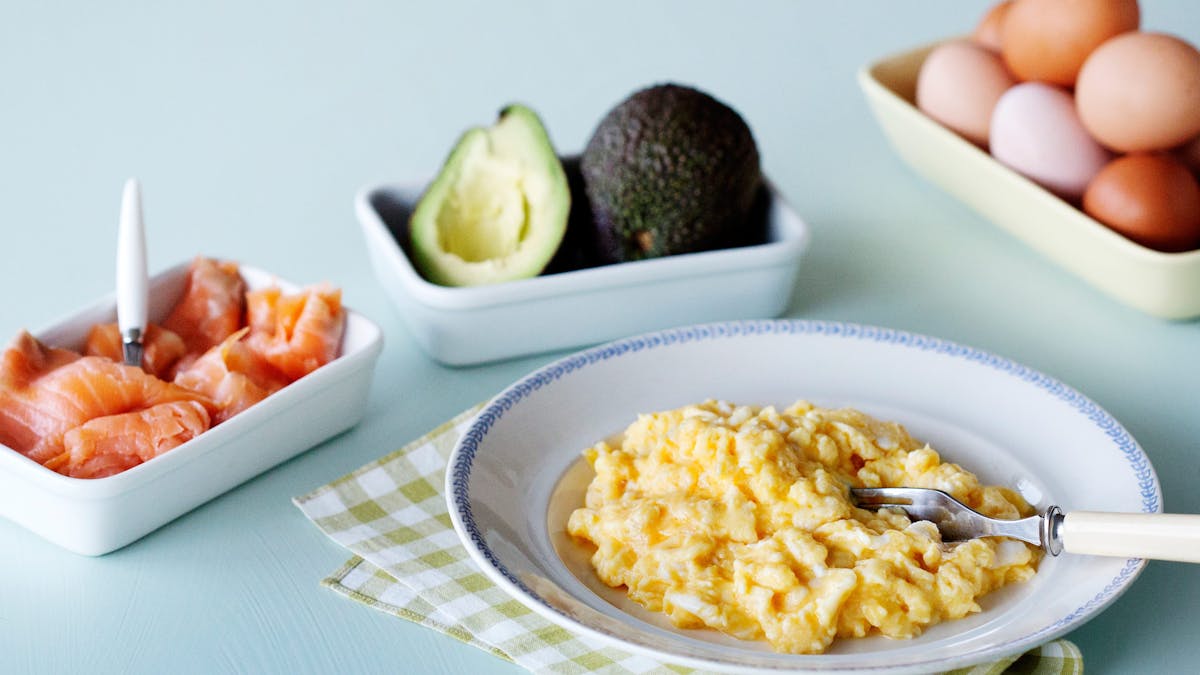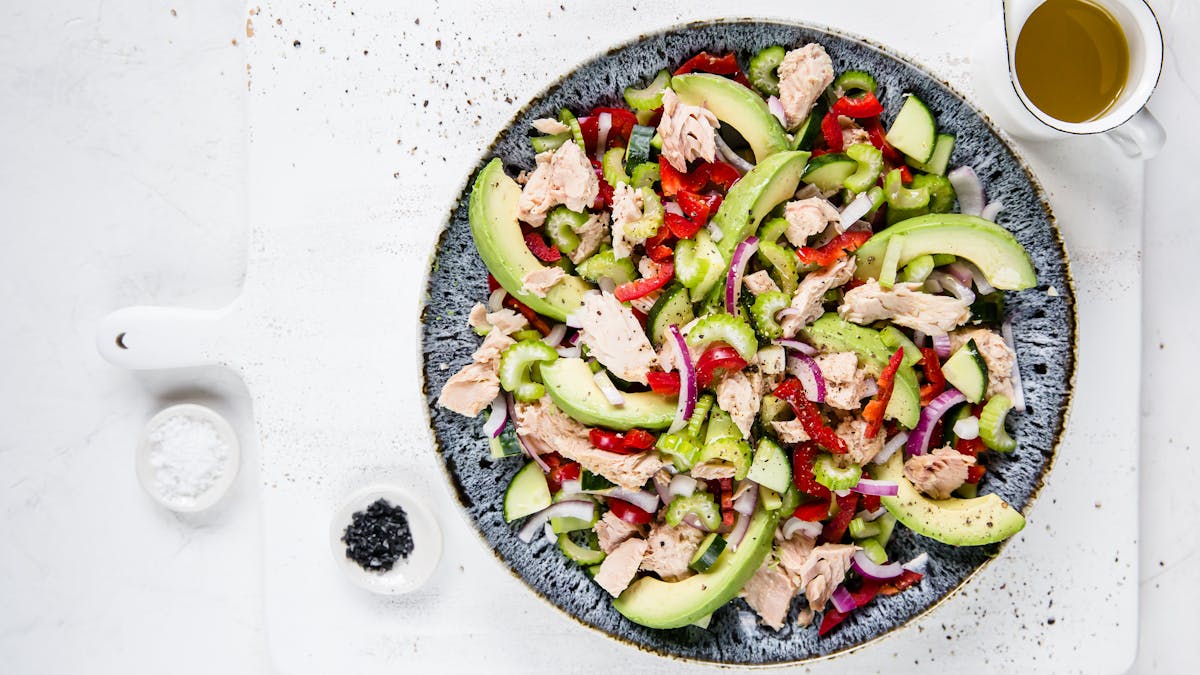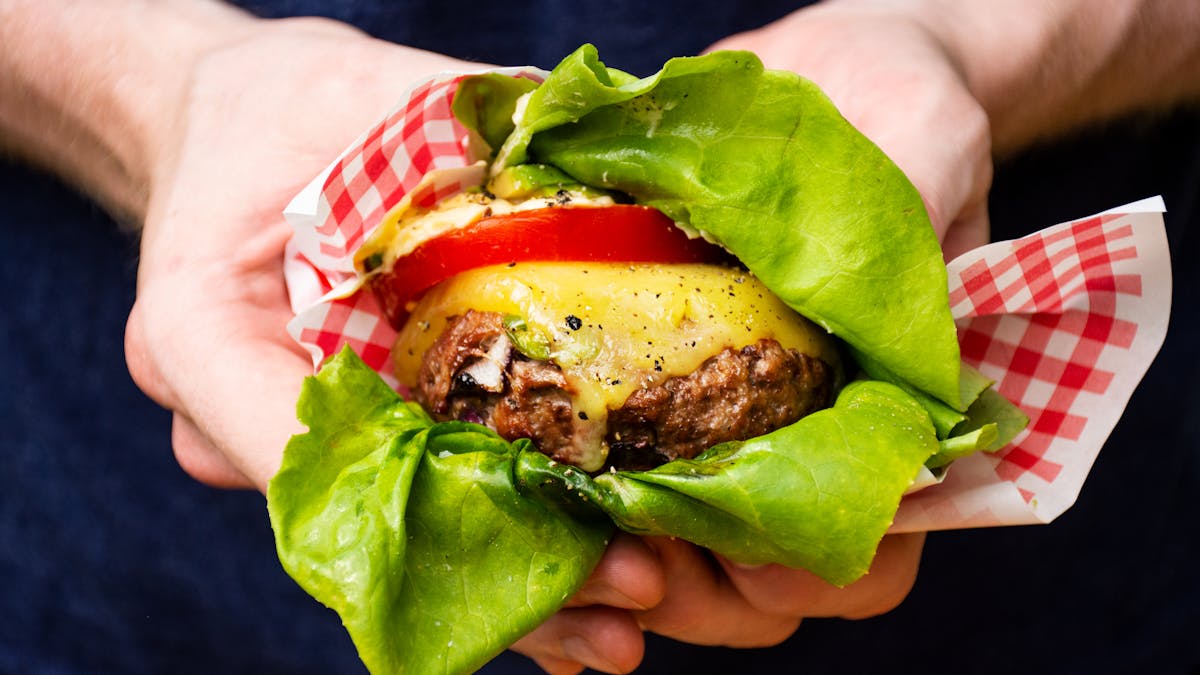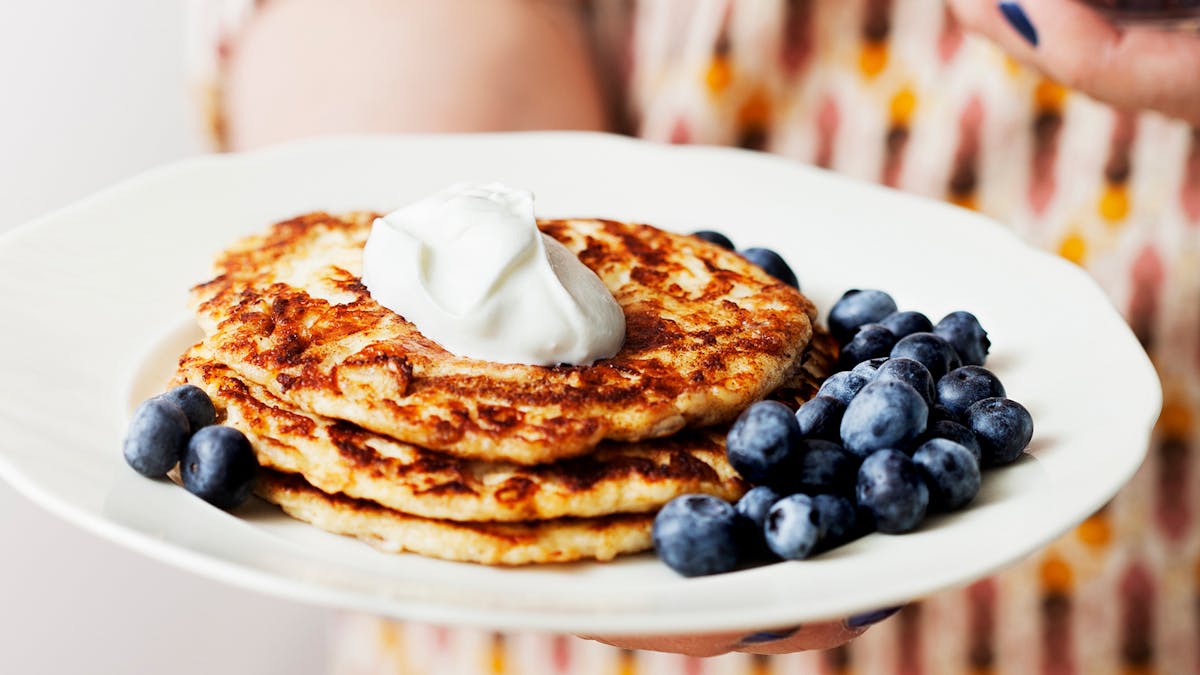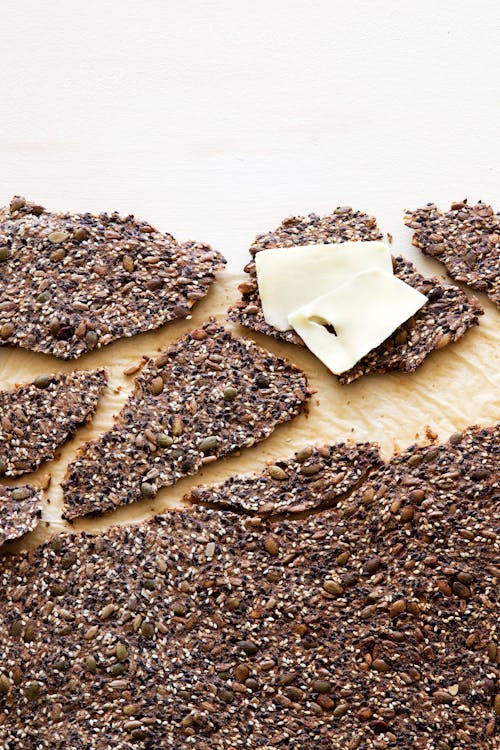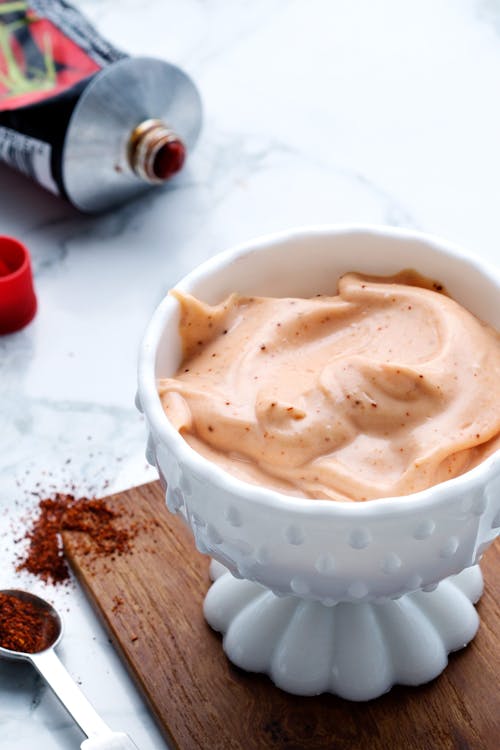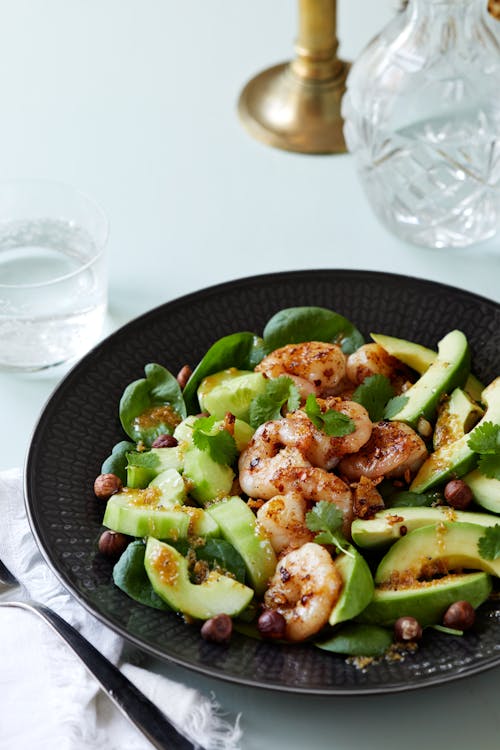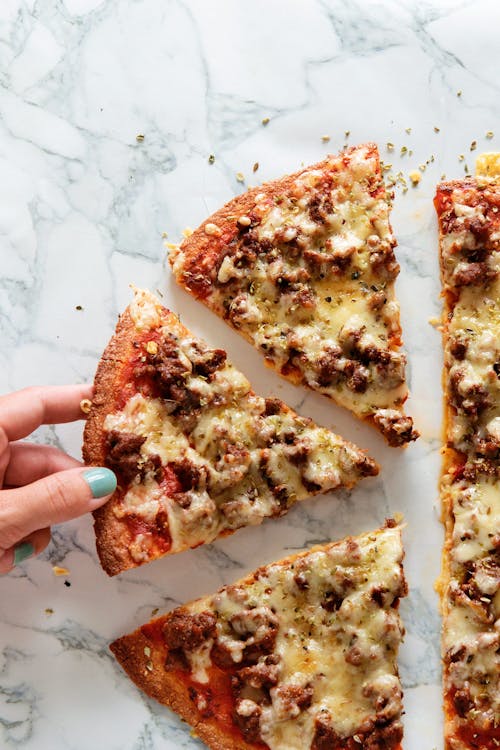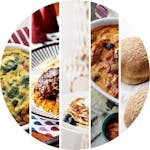30-day keto diet meal plan
Are you looking for a keto diet plan? You’ve come to the right place. Below you’ll find a free 2-week keto diet plan, as well as tips for getting started.
A keto diet limits carbohydrate intake to below about 20 grams per day.1 This results in increased fat burning,2and potential benefits like rapid weight loss.
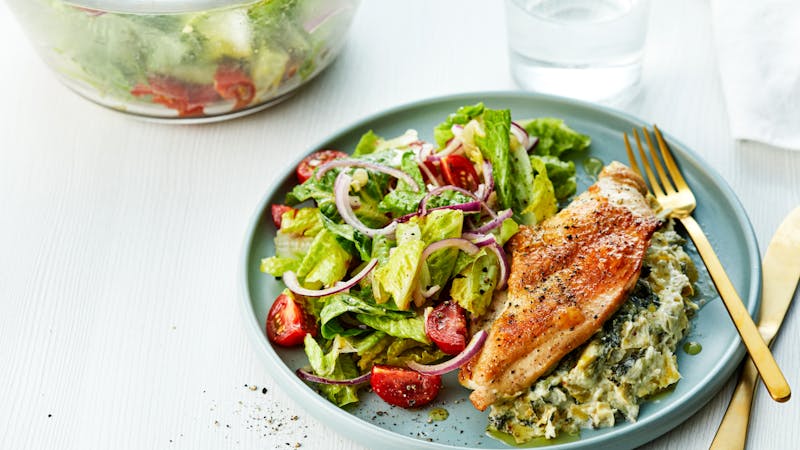







Get started
Who should NOT do a keto diet?
A keto diet appears to be very safe for most people.5 However, in the following three situations you may need extra support:
- Are you on medication for diabetes, e.g. insulin?
- Are you on medication for high blood pressure?
- Are you breastfeeding?
If you’re not in any of these situations you should be safe to start a keto diet.
Start fresh
Use our kitchen clean-out list to help you make sure your kitchen is keto-friendly when you start your diet. This can dramatically increase your chances of success.
Avoid keto flu
Drink lots of fluids and get enough salt, especially during the first week, to minimize symptoms of the initial “keto flu.”6 For example, a cup of bouillon daily and salting your food ‘to taste’ really helps.7 Full guide
Week 1
Here are two weeks of delicious, easy recipes for breakfast, lunch, and dinner. And you don’t even need to count carbs! Each week features a variety of keto dishes that will automatically keep you below 20 grams of carbs per day.
In the first week, you’ll get to feast on some of our all-time most popular keto recipes. Note: If you want portion sizes and food selection perfectly adapted to your needs and preferences, try our personalized meal plans.
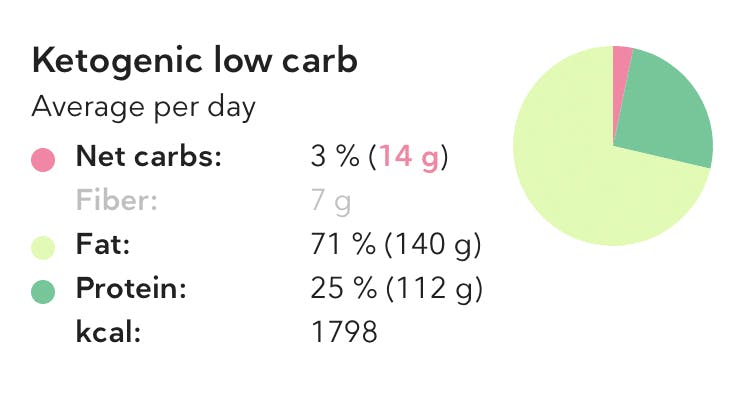



Monday
Breakfast
Lunch
Tuesday
Breakfast
Wednesday
Breakfast
Dinner
Thursday
Breakfast
Lunch
Friday
Breakfast
Saturday
Breakfast
Dinner
Sunday
Breakfast
Lunch
This diet plan is for adults with health issues, including obesity, that could benefit from a keto diet.
More keto recipes
More
Top keto diet plan questions
How do I get started on the keto diet?
It’s easy. Get all your questions answered in our beginner’s guide. Choose among all our free recipes. Or, for maximum simplicity, sign up for our 2-week Get Started Challenge and get everything prepared for you.
Can I drink alcohol on a keto diet?
Yes. But stick to low-carb alcoholic drinks, like dry wine or sugar-free drinks.
Full keto alcohol guide
Can you eat a vegetarian keto diet?
Yes. Especially if you eat eggs and dairy (lacto-ovo vegetarianism) it’s definitely doable. Vegan keto is very hard to do, but you can certainly eat a lower-carb vegan diet. Learn more and find inspiration or use our personalized meal plans.
Can you eat a dairy-free keto diet?
Sure. It’s not necessary to eat dairy to successfully eat keto (though dairy may help add taste and variety). A dairy-free keto diet can be very effective. Learn more and find recipes or use our personalized meal plans.
Can I eat fruit on a keto diet?
Sometimes — if you choose low-sugar fruits and keep portions small. The best keto fruits are blackberries, raspberries, and strawberries. Enjoy about one-half cup of any of these, either alone or with a bit of cream. Delicious! Full guide to keto fruits
Some may be able to reliably remain in ketosis even at higher carb intake levels. For instance, in the study below, healthy volunteers remained consistently in ketosis consuming 50 grams per day.
Nutrition X 2019: Effects of differing levels of carbohydrate restriction on mood achievement of nutritional ketosis, and symptoms of carbohydrate withdrawal in healthy adults: A randomized clinical trial [randomized trial; moderate evidence]
However, those who are overweight or have baseline insulin resistance may require a stricter approach, limiting net carbs to 20 grams per day.
This is based on the clinical experience of low-carb practitioners and was unanimously agreed upon by our low-carb expert panel. You can learn more about our panel here [weak evidence]. ↩
Numerous studies demonstrate greater fat loss with a low-carb diet than a low-fat diet.
Nutrition and Metabolism (London) 2004: Comparison of energy-restricted very low-carbohydrate and low-fat diets on weight loss and body composition in overweight men and women [randomized trial; moderate evidence]
Journal of Nutrition 2015: A lower-carbohydrate, higher-fat diet reduces abdominal and intermuscular fat and increases insulin sensitivity in adults at risk of type 2 diabetes [randomized trial; moderate evidence]
Nutrition and Metabolism (London) 2020: Effects of weight loss during a very low carbohydrate diet on specific adipose tissue depots and insulin sensitivity in older adults with obesity: a randomized clinical trial [randomized trial; moderate evidence] ↩
Do you worry about eating saturated fats or cholesterol? There’s no good reason to do so. While still a bit controversial, repeated modern systematic reviews find no benefit from avoiding saturated fats, or replacing them with unsaturated fats:
- Open Heart 2016: Evidence from randomised controlled trials does not support current dietary fat guidelines: a systematic review and meta-analysis [strong evidence]
- Nutrition Journal 2017: The effect of replacing saturated fat with mostly n-6 polyunsaturated fat on coronary heart disease: a meta-analysis of randomised controlled trials [strong evidence]
Here’s a study investigating if eating eggs for breakfast every day has any negative effects on cholesterol levels. They found none, but the egg-eating group reported greater satiety:
- American Journal of Clinical Nutrition 2015: The effect of a high-egg diet on cardiovascular risk factors in people with type 2 diabetes: the Diabetes and Egg (DIABEGG) study-a 3-mo randomized controlled trial [moderate evidence]
It’s often claimed that eating breakfast is good for weight control. That appears to be false:
- British Medical Journal 2019: Effect of breakfast on weight and energy intake: systematic review and meta-analysis of randomised controlled trials [strong evidence]
- The American Journal of Clinical Nutrition 2009: The effectiveness of breakfast recommendations on weight loss: a randomized controlled trial [moderate evidence]
Furthermore, reduced hunger is common on a keto diet, so many people find it easy to skip one meal:
- Obesity Reviews 2014: Do ketogenic diets really suppress appetite? A systematic review and meta-analysis [strong evidence]
Read more in our guide to time-restricted eating. ↩
The main fear about lower-carb and higher-fat diets has always been a concern about the potential increase in the risk of heart disease. However, interventional studies so far indicate that if anything the risk appears to decrease:
- British Journal of Nutrition 2016: Effects of low-carbohydrate diets v. low-fat diets on body weight and cardiovascular risk factors: a meta-analysis of randomised controlled trials. [strong evidence for improved risk factors]
- PLOS ONE 2015: Dietary intervention for overweight and obese adults: comparison of low-carbohydrate and low-fat diets. A meta-analysis. [strong evidence for improved risk factors]
- Obesity reviews 2012: Systematic review and meta‐analysis of clinical trials of the effects of low carbohydrate diets on cardiovascular risk factors [strong evidence for improved risk factors]
- Circulation 2010: Dietary intervention to reverse carotid atherosclerosis [moderate evidence for a reduction in atherosclerosis]
For more health controversies regarding a keto diet, have a look at this page:
The “keto flu” is a set of common early side effects like headache, feeling tired, nausea, lack of concentration, brain fog, etc. Learn more
Nutrition X 2019: Effects of differing levels of carbohydrate restriction on mood achievement of nutritional ketosis, and symptoms of carbohydrate withdrawal in healthy adults: A randomized clinical trial [randomized trial; moderate evidence]
↩This is mainly based on the consistent experience of experienced clinicians [weak evidence]. But there’s also some support from this study that found only minor increases in side effects, while advising participants to drink bouillon:
Nutrition & Metabolism 2008: The effect of a low-carbohydrate, ketogenic diet versus a low-glycemic index diet on glycemic control in type 2 diabetes mellitus [moderate evidence] ↩



